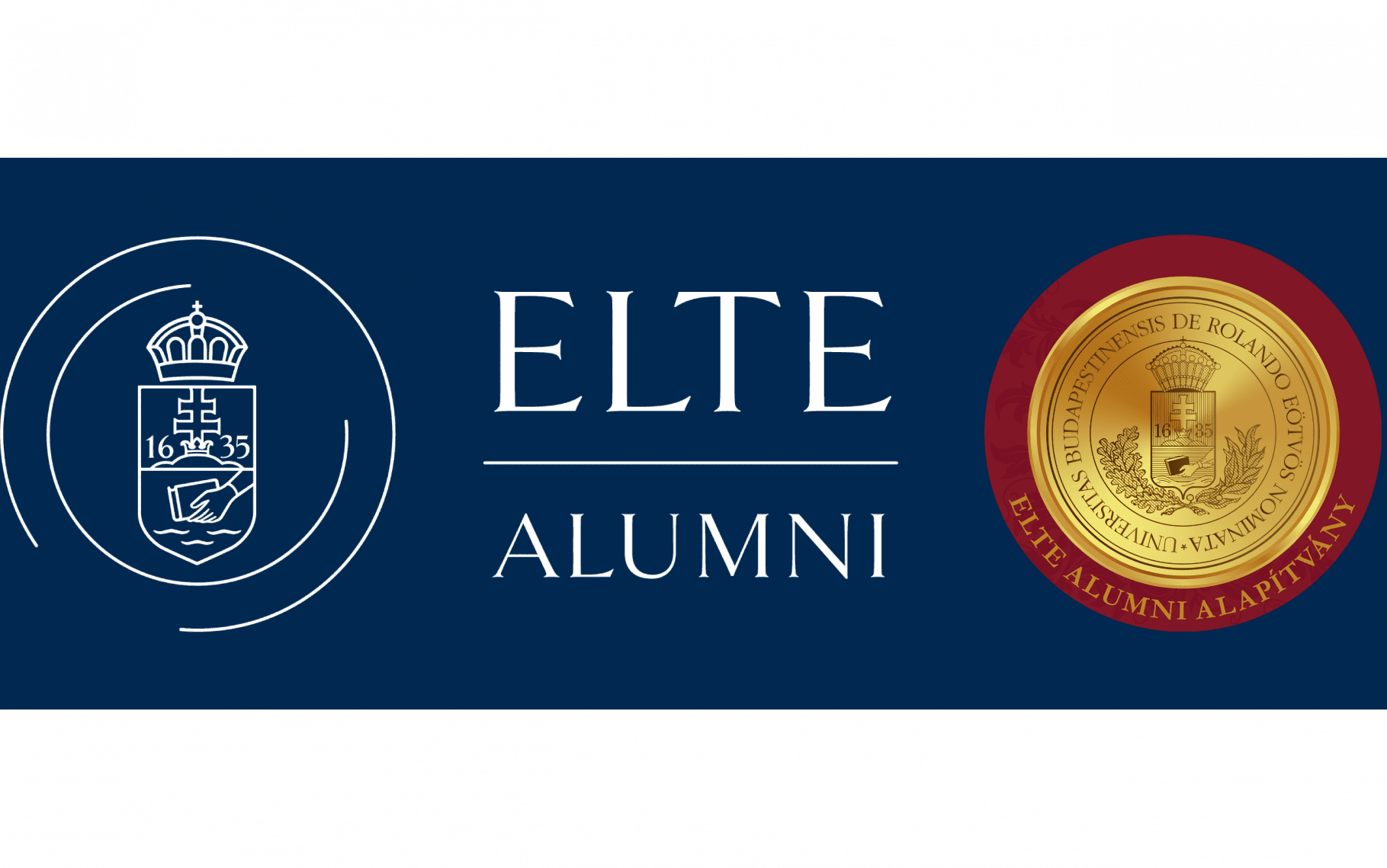Eörs Szathmáry is a theoretical evolutianary biologist. He focuses on the common principles of the major steps in evolution, such as the origin of life, the emergence of cells, the origin of animal societies, and the appearance of human language.
Éva Bányai is a psychologist, an hipnosis researcher. She was the honorary president of the Hungarian Hypnosis Association and the first female president of the European Society of Hypnosis and the International Society of Hypnosis.
Csaba Pléh is a psychologist and linguist. During his researches, he tries to combeni his two fields into one called psycholinguistics.
Albert-László Barabási is a Hungarian-American physicist, best known for his work in the research of network theory. He introduced in 1999 the concept of scale-free networks and proposed the Barabási–Albert model to explain their widespread emergence in natural, technological and social systems, from the cellular telephone to the World Wide Web or online communities.
Emőke Bagdy is the most significant creator of Hungarian clinical psychology. The main focus of her research concerns: the effectiveness of relaxation techniques, the career personality, the relationship of couples, methods of dealing with stress and the psychology of health.
Éva Tardos is a Hungarian mathematician and the Jacob Gould Schurman Professor of Computer Science at Cornell University. Tardos's research interest is algorithms. Her work focuses on the design and analysis of efficient methods for combinatorial optimization problems on graphs or networks.
Gábor Bojár: The Graphisoft story
Gábor Bojár is the entrepreneur and founder of Graphisoft, an AEC (architecture, engineering, and construction) CAD company. He founded the Aquincum Institute of Technology in 2010. The remarkable story of how GRAPHISOFT grew from nothing into a world-leading design software company.
László Krasznahorkai is a novelist and screenwriter who is known for critically difficult and demanding novels, often labeled as postmodern, with dystopian and melancholic themes.
László Lovász is a Hungarian mathematician, best known for his work in combinatorics, graph theory and theoretical computer science. Currently he is the President of the Hungarian Academy of Sciences.
In 1974 and thanks to a scholarship awarded by the World Meteorological Organization, Maximiliano Henriquez, a Colombian student, studied meteorology at the Eötvös Loránd University and graduated in 1980. Returning to Colombia, he became the first "Meteo man" host on Colombian television (a weather presenter on TV), becoming the most famous for more than 30 years. At the National Meteorological Institute (IDEAM), he managed the country’s meteorology too. He is already retired and lives in France.
Miklós Persányi is the director of Budapest Zoo and Botanical Garden since 2007. He was the Minister for the Environment and Water of Hungary from 2003 to 2007.
Tamás Freund is director of the Institute of Experimental Medicine, Hungarian Academy of Sciences, and Head of the Department of Neurosciences, Pázmány Péter Catholic University, in Budapest.
Vilmos Voigt is an etnographer and semiotic, folkloristics and aesthetics. The main research of Vilmos Voigt is the comparative philology and folk poetry theory.
Zsuzsanna Jakab is WHO Regional Director for Europe on 1 February 2010. She has engaged at first hand with many partners and Member States, making progress on a joint health agenda for the WHO European Region.
The compilation of this page is ongoing. Feel free to send your comments, suggestions: almamater@alumni.elte.hu.

Comments2
Please log in to see or add a comment
Suggested Articles


